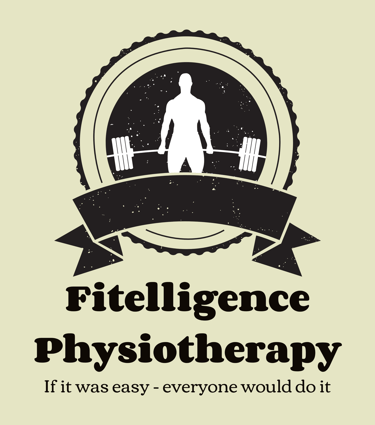Cardiopulmonary physiotherapy focuses on improving the respiratory and cardiovascular systems, particularly for individuals with conditions such as chronic obstructive pulmonary disease (COPD), asthma, heart disease, or after cardiac surgery. Here are some key components of cardiopulmonary physiotherapy:
1. Breathing Exercises
Techniques such as diaphragmatic breathing and pursed-lip breathing to improve lung function and oxygenation.
2. Airway Clearance Techniques
Methods like chest physiotherapy to help clear mucus from the lungs and improve breathing efficiency.
3. Exercise Training
Aerobic Conditioning: Tailored exercise programs to enhance cardiovascular fitness and endurance.
Strength Training: Focused on improving muscle strength, which can aid overall physical function.
4. Education and Self-Management
Teaching patients about their condition, the importance of medication adherence, and lifestyle modifications to improve health.
5. Monitoring and Assessment
Regular assessments to track progress and adjust exercise programs as needed, often using tools like pulse oximetry to monitor oxygen levels.
6. Inpatient Rehabilitation
Programs for patients recovering from surgery or acute exacerbations of their conditions, helping them regain strength and function safely.
Tips for Patients
Stay Active: Regular, supervised exercise can significantly improve cardiovascular and pulmonary health.
Monitor Symptoms: Keep track of any changes in breathing or heart symptoms and communicate with your healthcare provider.
Stay Informed: Understanding your condition can empower you to manage it effectively.
CONTACT US
info@fitelligencephysiotherapy.com.au
0404 019 181
© 2026. All rights reserved.


